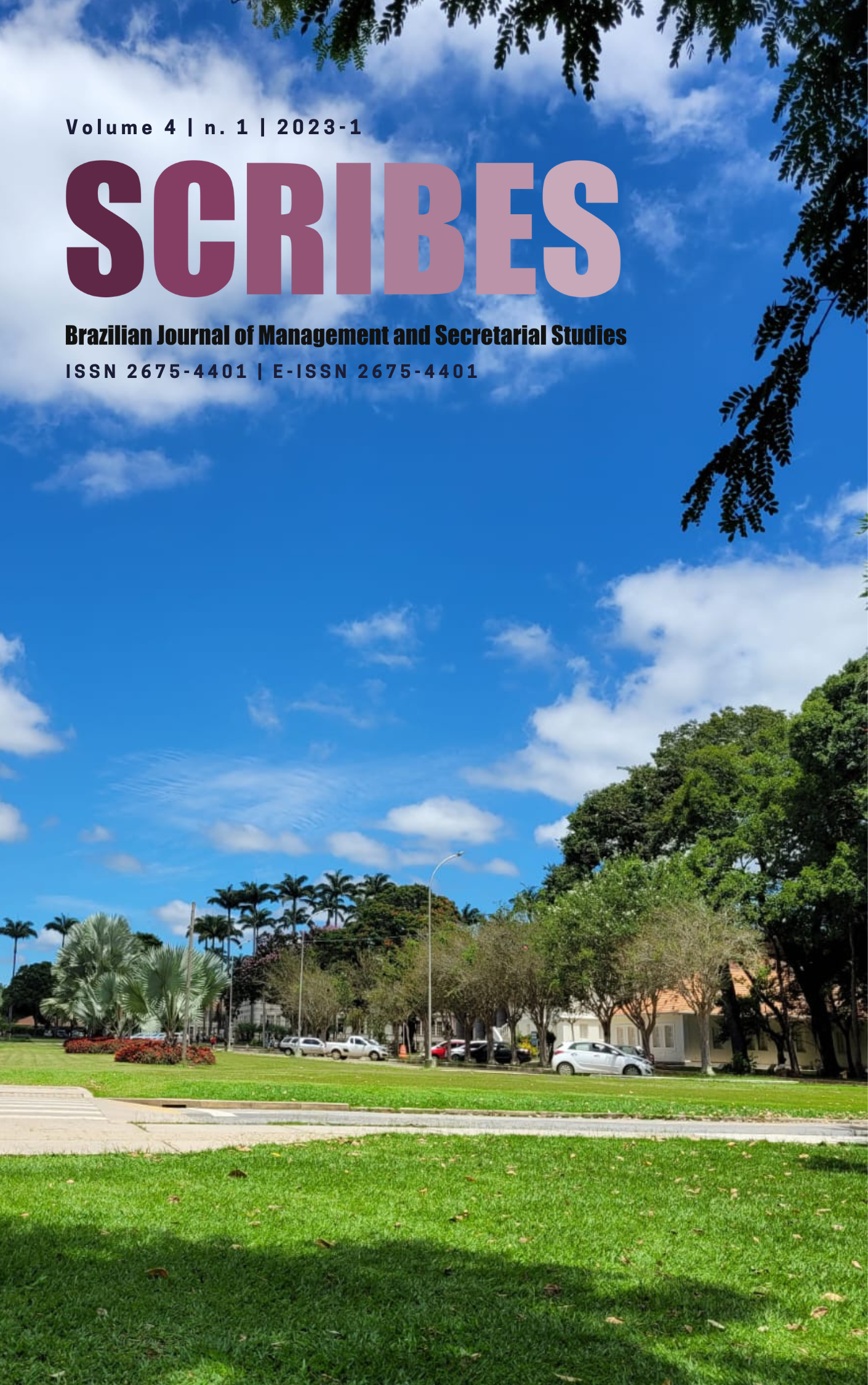Quality of Life at Work:
a case study of educational coordinators in Santa Bárbara, Minas Gerais
DOI:
https://doi.org/10.33228/scribes.2023.v4.15782Abstract
This piece sought to analyze the quality of life at work of the educational coordinators that work for the city of Santa Bárbara, in Minas Gerais. In order to achieve that, sixteen coordinators, who are also public servants per Brazilian law, were asked to reply to a structured questionnaire. The results of this research, which is descriptive and has both qualitative and quantitative approaches, show that the level of contentment of these educational coordinators regarding work is relatively satisfactory. In addition, the gathered data verify that the public sector needs to constantly improve the spheres of evaluation of this research. Whatever the workers consider as satisfactory should continue as it is and what they believe is poor should be reformed therefore benefiting the entire school community.
Downloads
Downloads
Published
How to Cite
Issue
Section
License
Published authors agree on the following items:
a. Authors keep copyright ownership whilst ceding to SCRIBES the right to a first publication. The material is also simultaneously licensed under the Creative Commons Attribution-NonCommercial 3.0 Unported Licence, which allows its publication with mutual recognition of authorship and initial publication through SCRIBES.
b. Authors are authorised to engage in third-party contracts independently, as long as they are pursuing a non-exclusive publication of the article originally published in this journal, such as having it appended to an institutional repository or included in a book as a chapter. Authorship and original publication by SCRIBES must still be acknowledged.
c. Authors have permission to and are encouraged to publish their research online, such as in institutional repositories or in their own personal web pages. They are allowed to do that before or after the editorial process, once it inspires any opportunistic alterations to be considered during the aforementioned process, and increase the content’s impact and value as a quotable work (read more on The Effect of Free Access).




